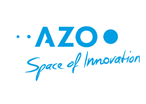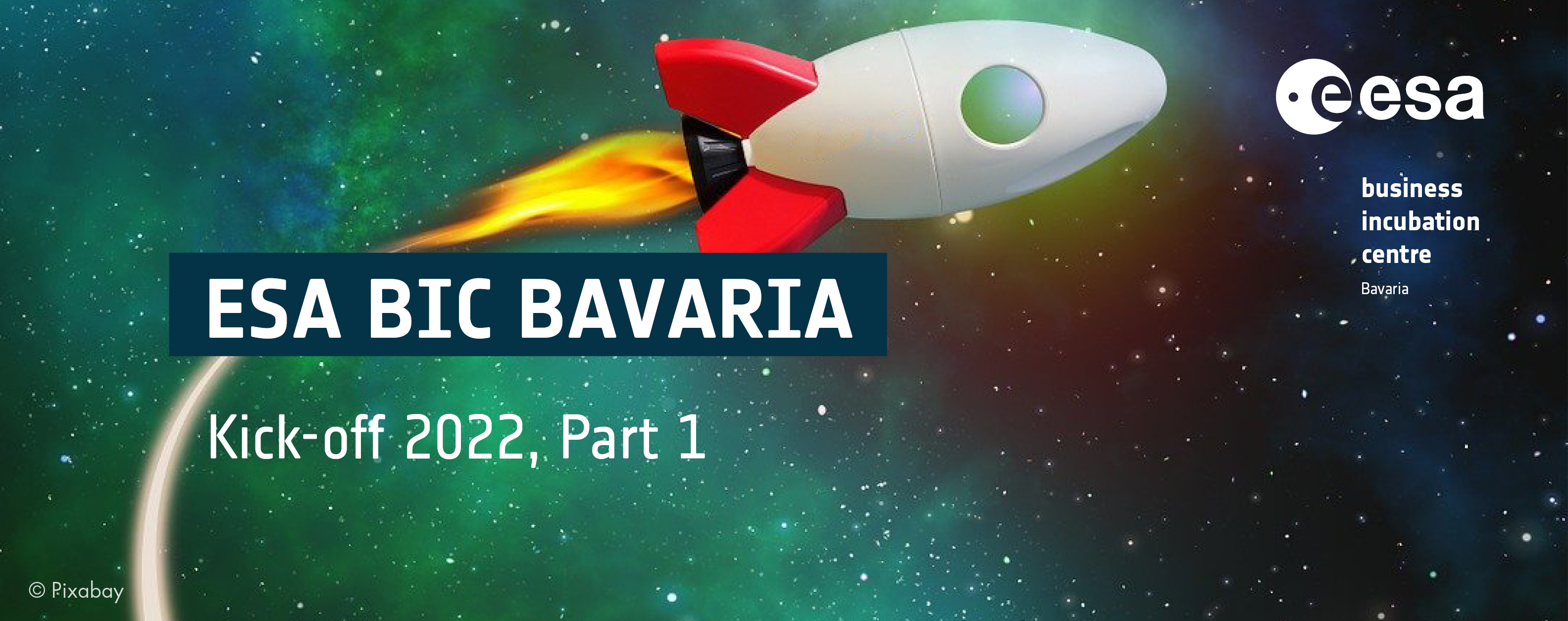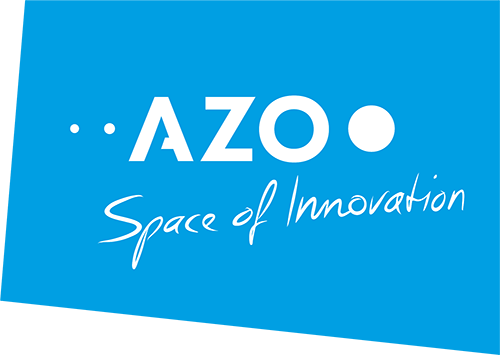ESA BIC Bavaria is welcoming ten new startups to the incubation programme! The space incubator promotes pioneering companies with disruptive products and digital businesses in areas like robotics, mobile, mobility, automotive, aviation or satellites.
Startups incubated in the ESA BIC Bavaria programme benefit from a comprehensive support programme, from financing to technical support or coaching, all the way through to market entry.
We have taken a closer look at the first five newcomers to the incubation programme. All of them have very different areas of application and are yet related to space: From smart railway mobility solutions to 3D-printing, from carbon certification to renewable energy production and satellite communication.
Introducing Kitekraft, NeuralAgent, Pandia 3D, Pina Earth and Servail – Welcome to ESA BIC Bavaria!
Get to know the other newcomers here.
Kitekraft – Building flying wind turbines.
Globally, renewable energy generation has to be 10fold to reach net-zero carbon emissions. Kitekraft is developing a power-generating kite – a tethered autonomous electric aircraft, a.k.a. flying wind turbine – that requires 10x less construction material than a comparable conventional wind turbine while reaching higher altitudes with stronger winds. Not only does the specific cost of the system promises to be significantly lower, but the power plant is also less visible and the entire value chain from manufacturing to logistics and dismantling are simpler and lower cost.
NeuralAgent GmbH – Reducing satellite launch costs by complementing space-based communications assets with communications assets attached to commercial jets.
Global demand for data connectivity is growing exponentially. Launching constellations of communication satellites to the Low Earth Orbit requires billions of dollars in launch costs. NeuralAgent alleviates these launch costs by complementing satellites with communication nodes mounted on commercial airplanes. NeuralAgent will create the 3rd layer of data connectivity as a dynamic constellation in the sky. Their decentralized AI-enabled product can also be installed on other mobility assets such as maritime vessels and trucks of all sizes.
Pandia 3D – High-tech 3d-scanning solutions for industrial automatisation. Fast. Precise. Effortless.
Many industrial processes like quality inspections and volume- or surface measurements are not yet automated because current solutions are too expensive and inflexible. Pandia 3D offers a highly automated 3D scanning quality control system to revolutionize the inspection and measurement process of parts, assemblies and goods. The solution performs a complete scan and comparison to a reference model at the press of a button in less than 10 seconds. Pandia 3D enables an on-site automated inspection of all produced parts and subassemblies, thus greatly saving cost and material by reducing the number of rejected components and failed assembly steps.
Pina Earth – Unlocking carbon markets for European forest owners.
Pina Earth is building a suite of digital tools for data collection, monitoring, and certification of forest carbon projects. EU forests are at high risk due to climate change. With Pina Earth, forest owners can start high-quality carbon projects on their properties and use the new income stream to prepare their forests for a changing climate. To assess the mortality risk of each tree in a stand, very granular weather data is needed. This is where satellite-based data products provide a significant competitive advantage. The founders met at the Center for Digital Technology and Management (CDTM) and joined their expertise in sustainability science, software engineering, and machine learning to make EU forests future-proof.
Servail – Enabling railway maintenance under running train operation.
Servail develops autonomous maintenance robots for railway trains, tracks and track surroundings. The robots are located in the safe space under the trains and do not interfere with regular train operations. By that, servail enables maintenance processes simultaneously to train operations. Servail uses space technology to create robotic platforms controlled via AI. The robots serve as a carrier for sensors and tools and help rail operators to change maintenance strategies to predictive approaches. Servail robots help keep people safe and minimize the need to enter hazardous track areas.
Every year, the entrepreneurs supported by ESA BICs are making great strides and achieving huge breakthroughs in space technology. New businesses and services are emerging, as the terrestrial market is evolving continuously and the NewSpace sector is growing in importance. The importance of space technologies for business is also reflected in the recent record of investments in ESA BIC Bavaria companies.
Established 2004 in Bavaria as the first European space incubator, AZO Anwendungszentrum GmbH Oberpfaffenhofen has been managing ESA BIC Bavaria since 2009 with financial support from the Bavarian Ministry of Economics and its first-class partners: European Space Agency (ESA), German Space Agency at DLR, German Aerospace Center (DLR), Airbus Defence and Space and Fraunhofer Institute for Integrated Circuits IIS.





Comments are closed.